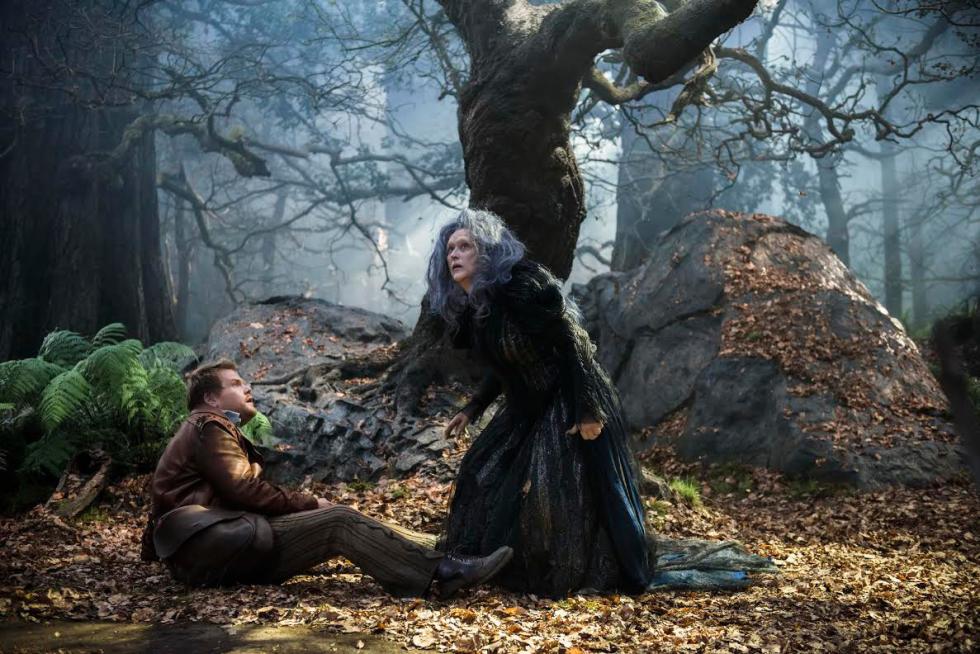The musical has always been an important part of the filmmaking world. In the earlier days of film, when crowds were more likely to be familiar with singing stars of the stage, a flimsy story could be propped up with a handful of winning tunes. Think of the long-running success of Fred Astaire and Ginger Rogers with films like The Gay Divorcee, Top Hat, and Shall We Dance — and then tell me the plot of each of those films. While even Astaire aficionados might miss a step there, it’s a good bet they could hum a few bars of the songs those films featured: “Night and Day,” “Cheek to Cheek,” and “They Can’t Take That Away From Me.”
As stage musicals evolved, the older revue format — which hardly had a story to speak of — was often pushed aside in favor of an “integrated musical” approach pioneered by productions like Show Boat and Oklahoma!, in which the musical numbers were performed as part of the story. It was, historian Mark Lubbock writes, “a completely new genre — the musical play as distinguished from musical comedy.” The years that followed would bring lasting productions like West Side Story, Fiddler on the Roof, and Cabaret; musicals (and musical films) that would inspire artists for decades to come, and not only for their popular songs.
Stephen Sondheim helped lead the revolution as lyricist on West Side Story and went on to cement his legend as a composer/lyricist of later works like Into the Woods. It’s that musical, first seen on stage almost 30 years ago, that comes to screens this week. It’s a meaningful, sometimes dark fable that bends and blends a mix of Grimm fairy tales (a remixing that Gregory Maguire’s Wicked franchise would borrow to great success some years later) to tell a story of repercussions and responsibility. This adaptation is perhaps not as dark as the stage version — the film, directed by Rob Marshall (Chicago, Pirates of the Caribbean), is still a Walt Disney production. On the other hand, it’s no Fred and Ginger.
In it, characters from “Little Red Riding Hood,” “Jack and the Beanstalk,” “Rapunzel,” and others are mingled in a story about a childless couple fighting to reverse a curse placed on them by a bitter witch (Meryl Streep). Desperate to have their baby, the Baker and his Wife embark on an errand for the witch: find the four ingredients she needs for a special potion — each ingredient is tied to a different fairy tale character — and the curse will be lifted. But as they go about their mission, the young couple discover that fulfilling their own wishes may come at a cost for others around them.
Also this week: The Off the Beaten Path film series has returned to The Latchis Theatre in Brattleboro. Designed as a way to showcase recent films that may have slipped through the cracks during their initial runs, the series began in mid-December with the sumptuous, hand-drawn Japanese fairy tale The Tale of Princess Kaguya; this week’s offering is Dear White People, director Justin Simien’s satirical look at the experience of being a black student in a mostly white school. Prickling with sharp humor and a willingness to broach subjects many would rather gloss over, Simien’s first feature (based in part on his own time spent at the predominantly white Christian school Chapman University) won a special jury award at this year’s Sundance festival.
Says Latchis Executive Director Jon Potter, “We love our Hollywood blockbusters like The Hunger Games and The Penguins of Madagascar, but they’re not everyone’s taste in films. Some people like a little more steak with their sizzle.”
If you’re feeling hungry, the series runs through the first weekend in January.•
Jack Brown can be reached at cinemadope@gmail.com.



